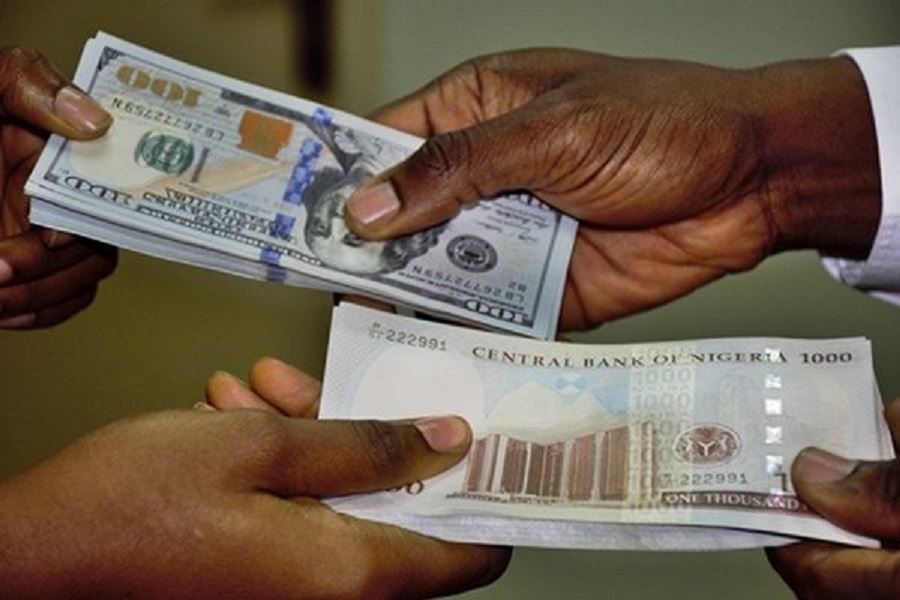
Nigerian artiste, Damini Ogulu, popularly known as ‘Burna Boy’, bagged two nominations at the 2023 Grammy awards, but he failed to win any.
Burna Boy’s song, ‘Last Last’, was nominated in the category of Best Global Music Performance, while his album, ‘Love, Damini’ got a nod in the category of Best Global Music Album.
Nigerians, however, have taken to social media to call out the Recording Academy for ‘robbing’ the Nigerian artiste.
In similar fashion, Nigerian music sensation, Ayodeji Ibrahim (Wizkid) was also adjudged to have been robbed of his two nominations in 2022.

Fans of the artistes are drawing conclusions based on streams, fan favorites, and personal views.
However, the Recording Academy has explained its voting and selection process and how no artiste is being robbed or cheated of their nominations.
Precedence Of Alleged Cheating In Grammy Awards
Prior to the 2023 Grammy Award, many other artistes have accused the Recording Academy of cheating them of their awards.
Former Recording Academy CEO, Deborah Dungan, in 2020, filed a complaint against the organisation after she was ousted.

In an Equal Employment Opportunity Commission complaint, Dungan alleged that “the Grammy voting process is ripe with corruption”.
She cited instances in which members of the board of trustees and “the secret committees chose artistes with whom they have personal or business relationships.”
In November 2022, The Weeknd, after being denied any nominations at the award despite having one of the best-selling albums of the year in view (After Hours) and one of the best singles (Blinding Lights), blamed the “corrupt” voting body.
“The Grammys Remain Corrupt. You owe me, my fans, and the industry transparency,” he tweeted.
https://twitter.com/theweeknd/status/1331394452447870977?s=46&t=UXEQf6WRnxRcvn1Mkm5qBg
In March 2021, the singer said he would no longer allow his label to submit his songs for nominations because of the “secret committees”.
Recording Academy And The Secret Committee
Responding to controversies surrounding its “secret committee” the academy announced on April 30, 2021, that the secret committee otherwise known as the “Nominations Review Committees” consists of 15-30 hugely skilled music persons who are required to vote within their genre will no longer have a say in the categories they usually decide on.
In their stead, a majority peer-to-peer vote of voting members now determines the nominations.
For the first time in 27 years, the academy did not allow the nominations for its Big Four categories to be second-guessed by the committee after the 11,000 voting members cast their votes.
The members of the Recording Academy can also vote in only three fields and 10 categories as opposed to the 15-category maximum being used before.

Speaking on the change, Harvey Mason jr., the Academy’s CEO, in an interview with Billboard assured the global audience of his confidence in the voters.
“I wasn’t nervous. I felt like we’d done a lot of important work on our membership. We’ve done a lot of outreach into different communities that we felt were maybe underrepresented in our voting membership. So, I felt like the timing was right for our membership to be able to directly decide who the nominees were. That’s why we feel it good with removing the nominations review committees at the time that we did it,” he said.
The Voting Process
The voting process occurs in two stages. First, members of the National Academy of Recording Arts and Science (NARAS) who are industry experts nominate candidates, and a shortlist is compiled.
After the shortlisting, the final round of voting takes place by the voting committee.
For the 65th Grammy Awards, the eligibility period ran from October 1, 2021 to September 30, 2022, meaning that artistes who released music over this period could be nominated.
More than 350 experts are then consulted to place nominees in the appropriate fields and ensure the nominations are in the proper fields.
After the entries are sorted, they are then circulated to voting members who are allowed to vote in the ‘Big Four’ categories (Record of the Year, Album of the Year, Song of the Year, and Best New Artist).
After the first-round ballot, the list is drawn to a shortlist of five per category, with the highest votes.
The shortlisted recordings are then sent to the voting members of NARAS who would vote in the Big Four and up to ten of the categories.
The results of the votes cast are then counted in secret by the Deloitte Touche Tohmatsu accounting firm.
The recording with the highest vote is then announced on the awards night as the winning record.

